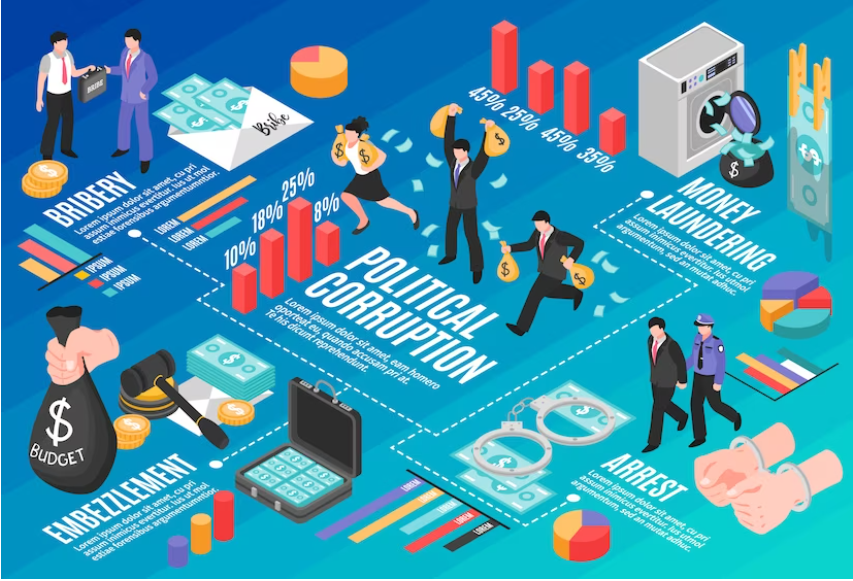Analyzing the Role of the IMF in Global Financial Stability

In the globalised world of today, financial security is a key part of economic growth. At the Bretton Woods Conference in 1944, the International Monetary Fund (IMF) was set up to support international monetary cooperation, trade, and stable exchange rates. Over the years, the IMF has helped a lot by giving money to countries in trouble, boosting economic growth, and making sure that the world’s finances are stable. In this piece, we’ll look at how the IMF helps keep the world’s finances stable.
A Look at the IMF
The International Monetary Fund is an organisation with 190 member countries that work together to promote global monetary cooperation, ensure global financial security, and help countries in need. The IMF is run by a group of people called the Board of Governors and a person called the Managing Director, who is the CEO of the organisation. The IMF gives money to member countries through programmes that help them fix short-term problems with their balance of payments and encourage long-term economic growth.
The IMF and Financial Stability Around the World
Stability in the economy’s finances is important for growth because it lets businesses plan and spend, creates jobs, and encourages trade. Through its surveillance actions, financial aid, and building of capacity, the IMF plays a big part in keeping the world’s finances stable.
Surveillance Activities
The IMF keeps an eye on the economies of its member countries on a regular basis to find any possible threats to global financial security. The IMF also keeps an eye on global economic and financial changes, looks at global financial risks and weaknesses, and writes reports about what it finds. The process of “surveillance” helps the IMF suggest policies and changes that will help the economy grow and stay stable.
Financial Assistance
The IMF gives money to countries that are having trouble with their balance of payments, which, if not fixed, could lead to financial unrest. The IMF offers three types of financial help: Stand-By Arrangements (SBA), Extended Fund Facility (EFF), and Rapid Credit Facility (RCF). Short-term loans (SBAs) are given to countries that need money right away. Medium-term loans (EFFs) are given to countries that need to make changes to their structures, and emergency loans (RCFs) are given to countries with serious problems with their balance of payments.
Building up abilities
The IMF helps its member countries deal with economic and financial problems by giving them technical support and training. The IMF’s programmes for building up a country’s skills are made to fit the needs of each country and cover a wide range of topics, such as macroeconomic policies, changes in the financial sector, and public financial management.
Arguments against the IMF
Even though the IMF is very important for keeping the world’s finances stable, it has been criticised for the policies it recommends and the conditions it puts on loans. Some people say that the IMF’s policies put the needs of developed countries ahead of those of developing countries. Others criticise the IMF’s loan terms, which often force countries to make unpopular structural changes that can make social and economic differences worse.
Conclusion
In conclusion, the IMF is a very important part of keeping the world’s financial system stable through its monitoring, financial aid, and capacity building programmes. The IMF is an important part of the global economy, especially during times of economic trouble when countries need help from other countries financially. But the IMF has also been criticised for the policies it recommends and the rules it puts on loans. The IMF must continue to adapt to changes in the global economy, respond to criticism, and work towards a global financial system that works for everyone and can last.
Read More You May Like:







